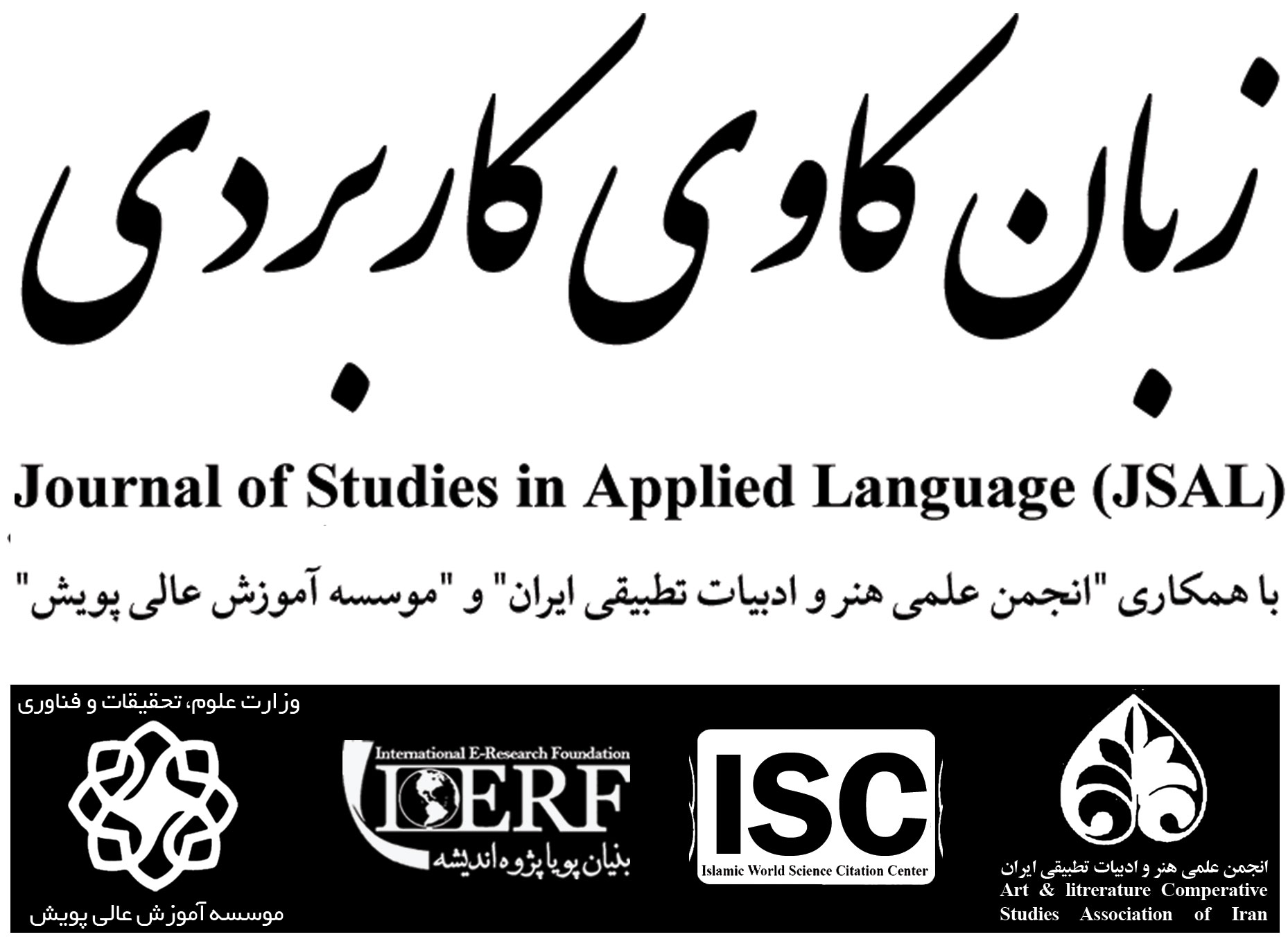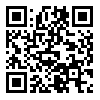<>
Volume 4, Issue 2 (Journal of Language Teaching, Literature & Linguistics (JLTLL) 2021)
JSAL 2021, 4(2): 107-126 |
Back to browse issues page
Download citation:
BibTeX | RIS | EndNote | Medlars | ProCite | Reference Manager | RefWorks
Send citation to:



BibTeX | RIS | EndNote | Medlars | ProCite | Reference Manager | RefWorks
Send citation to:
Heydari T. (2021). Quranic intertextuality in the poems of Abdul Muttalib (Contemporary Arab poet) [In Persian]. JSAL. 4(2), 107-126.
URL: http://jsal.ierf.ir/article-1-50-en.html
URL: http://jsal.ierf.ir/article-1-50-en.html
Assistant Professor, Department of Arabic Language and Literature, Literature and Humanities, Shahid Beheshti University, Tehran, Iran , heydari_00033@yahoo.com
Abstract: (2906 Views)
Contemporary Arabic poetry is adorned with the use of various forms, including historical and religious forms. This phenomenon can be seen in the poetry of contemporary poets. Muhammad ibn Abd al-Muttalib is one of the poets whose poetry crystallizes the phenomenon of Quranic harmony. In this article, some cases of Abdul Muttalib's poetry being influenced by the Qur'an have been studied analytically. He has used the noble verses both in terms of content and meaning in his poetry and has used these verses well and appropriately, and the reason for this proportion in the poems and the use of Quranic verses are twofold. One is that the poet has memorized the Qur'an at the age of ten, and the second is that the poet continued his studies in the religious schools and was familiar with the Holy Qur'an until the end of life. Muhammad ibn Abd al-Muttalib has used the phenomenon of contradiction in both political and religious poetry. In political poems, he has used intertextuality in order to fight the West and restore Egypt's independence and drive out the arrogant, and used it in religious poems to show the virtues of the Prophet (PBUH) and Imam Ali (AS). Abd al-Muttalib has used all three types of partial negation or reciprocal negation, parallel negation, and general negation, and benefited more from parallel negation than other types of reciprocity.
Type of Study: Research |
Subject:
Sociolinguistics
Received: 2023/05/20 | Accepted: 2021/09/1 | Published: 2021/09/1
Received: 2023/05/20 | Accepted: 2021/09/1 | Published: 2021/09/1
Send email to the article author
| Rights and permissions | |
 |
This work is licensed under a Creative Commons Attribution-NonCommercial 4.0 International License. |






